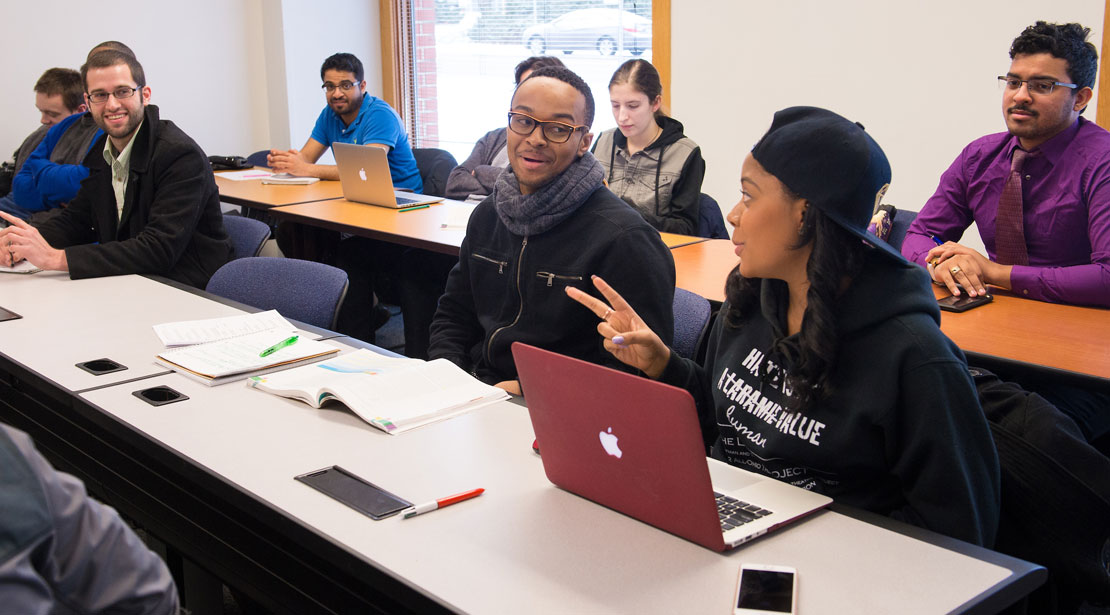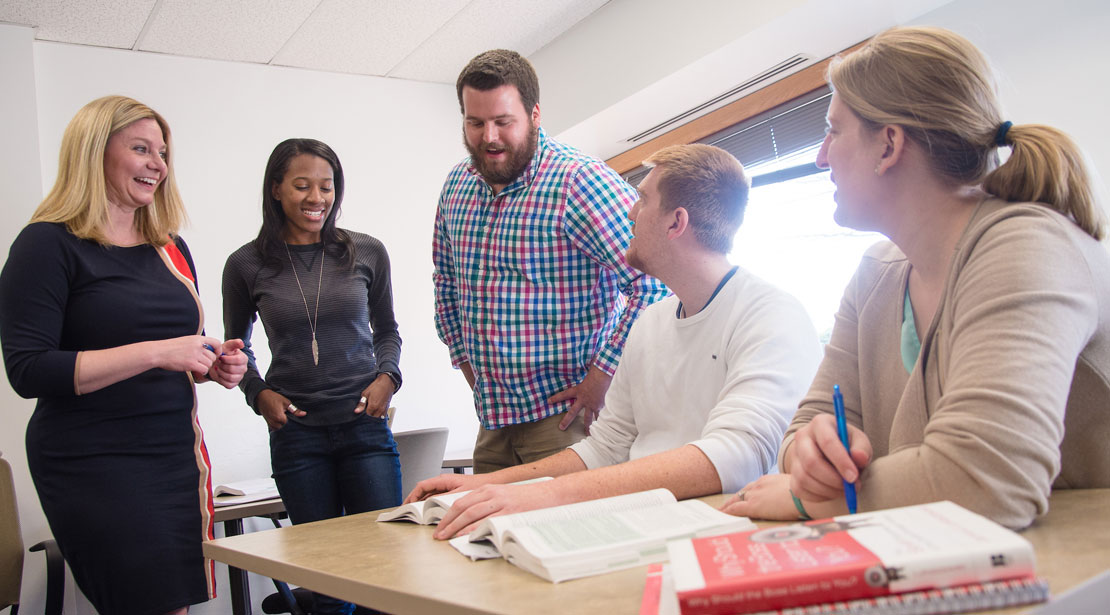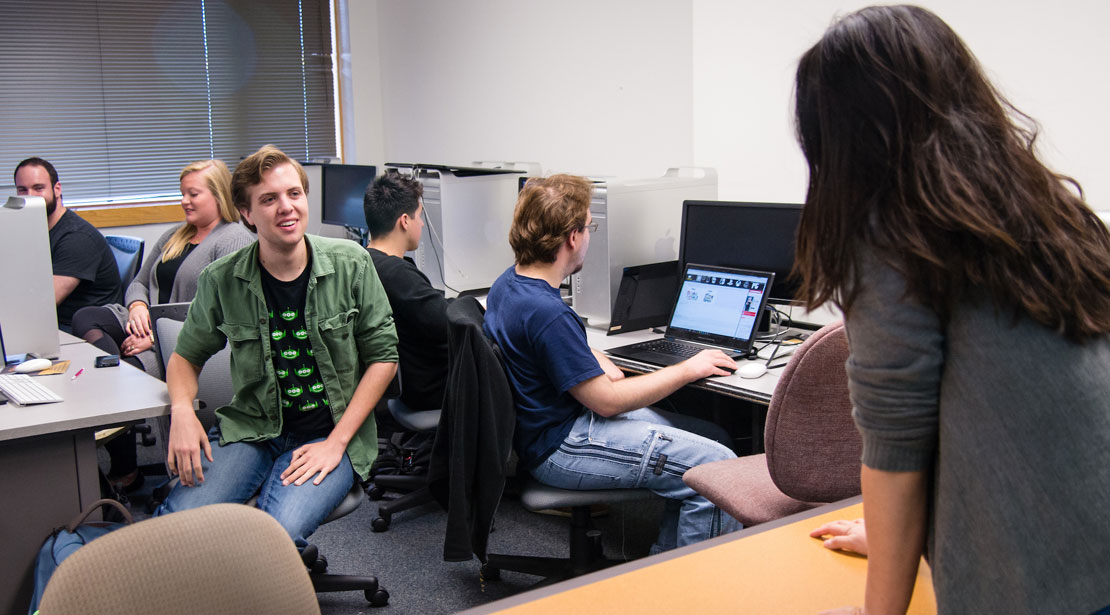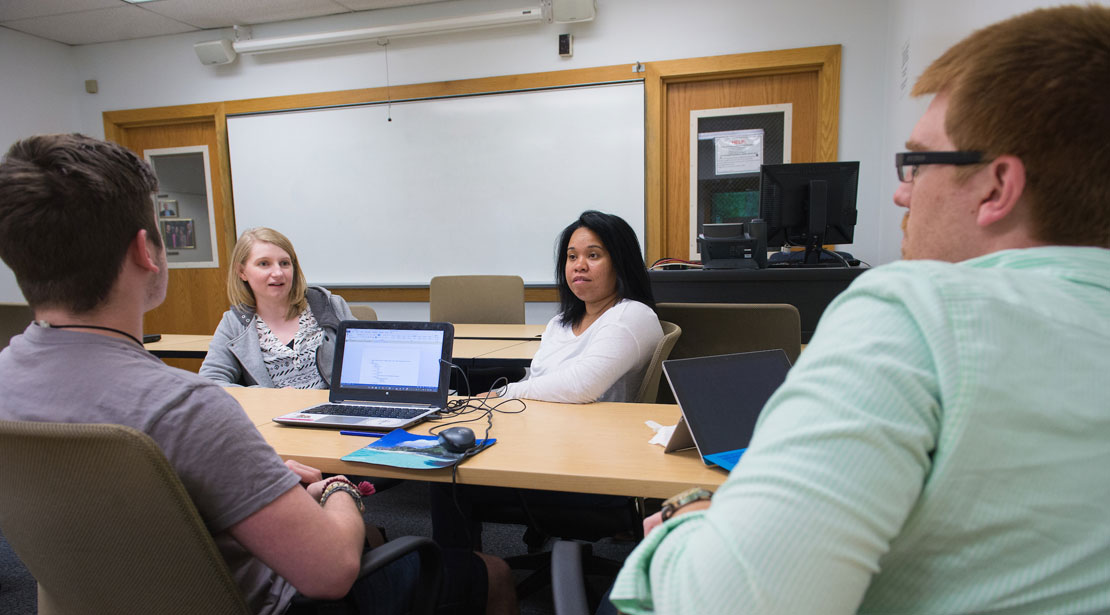Contact the Admissions Office
Email tbilisiadmissions@webster.edu for more information.
Email tbilisiadmissions@webster.edu for more information.
The MA in Media Communications is for students who have both an interest and background in communications. If you are interested in several kinds of media, and you don’t want to narrow it down to just one major, the Master of Arts in Media Communications degree is perfect for you. It's flexible, allowing you to study multiple areas of media — from Animation to Scriptwriting to Public Relations, and more — and create your own unique combination of subjects. It’s the broadest, most flexible degree in Webster's School of Communications.


MA in Media Communications
Successful graduates of the MA in Media Communications program will be able to:





Our graduate programs fit busy working professional schedules, and students can still work 40-hour weeks.
Our award-winning faculty combines scholarship with real-world professional experience.
What you learn in the classroom you can use the next day at work.
This is our most flexible program, providing you with a broad introduction to all media and areas of communication while allowing you to choose your own area of concentration. You will learn to design and interpret media messages and to communicate effectively in context. You may devise a concentration in the theory and history of media or you may combine work in two or more media, for example, journalism and photography or advertising and public relations.
All students entering this program are required to consult with a School of Communications academic advisor prior to registration. Qualifications and required prerequisite courses will be discussed at this time. Qualifications include a strong educational background in their intended area of graduate communications study or professional experience in their area of interest. Students without a strong educational background or experience in the communications field are required to enroll in 6 credit hours of prerequisite course work. The selection of prerequisites will depend on each student’s area of academic interest in communications and should be approved by a School of Communications academic advisor.
The degree requires satisfactory completion of 21 credit hours of the core course curriculum and 15 credit hours of graduate electives for a total of 36 credit hours.
In addition to the seven core courses, MA students can choose five elective courses. MEDC 5000 Media Communications is the requisite course in the media communications program. It examines communications theory and its application to mass media, as well as introduces students to the graduate program, describes program expectations and discusses academic preparation for MEDC 6000 Seminar in Media Communications. Therefore, students must take this course even if they have academic or professional experience in media communications.
*36 credit hours is equivalent to 120 ECTS.


MA in Media Communications, '17
Five terms in an academic year make it easy to tailor your education to your life. Courses are offered in both semester and 8- or 9-week periods, and can consist of multiple modalities with our assortment of in person, hybrid, and online course options. Webster also offers a variety of degree, certificate, and non-degree programs.
For 40 years Webster has been building a network of campuses to serve local communities, now serving more than 10,000 students across 50 residential, metro, military, and international locations. Our students can start their degree at one location and finish it at another, or seamlessly work on their degree while studying abroad.
All Webster students benefit from our teams of advisors, counselors, tutors and support staff. Get scheduling assistance, academic support and more, no matter where you are.